
South African Women Activists Celebrated
Why We Celebrate Women’s Day
This phrase has come to represent women’s courage and strength. Women’s Day is commemorated in South Africa on August 9 in memory of the women who marched in 1956 to protest against apartheid and has become a symbol of women’s resistance to the evils of society.
While involved in my project, Side by Side, where I interviewed women who I believed were paramount to our 1994 elections, I was struck by the bravery of these women who risked official reprisals including arrest, detention, bannings, exile and beatings.
So too are their organizational skills and their community-consciousness – they were tired of staying at home, powerless to make significant changes to a way of life that discriminated against them primarily because of their race, but also because of their class and their gender.
Women, half of our population after all, have been silent for too long in our history books, and although this need is now to an extent being addressed, there is still a huge gap in our knowledge on the role of South African women. They need to be applauded.
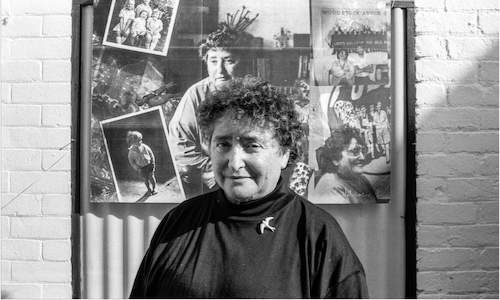
Thornton, was one of the organisers of the mass Women’s March of August 9th, 1956. She also did voluntary work for the Guardian newspaper ...
more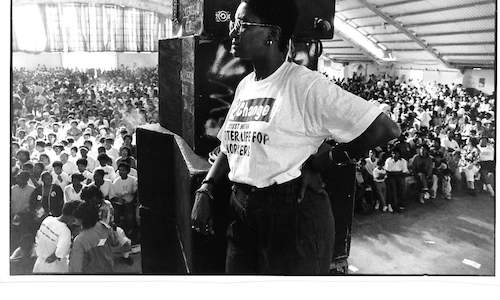
Connie September as a member of parliament has served on various Portfolio Committees. She has acted as the minister of human settlements. S...
more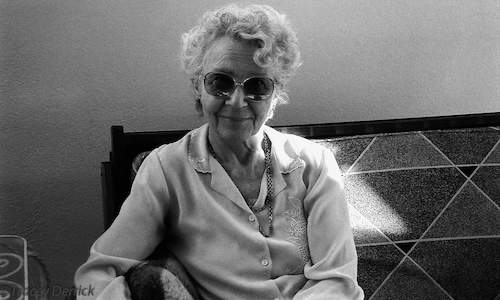
Dot Cleminshaw also devoted her time and energy to campaign for changes in South Africa’s abortion legislation, advocating pro choice for ...
more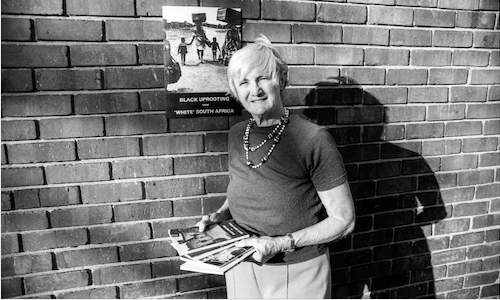
After 1994, Dr. Nash used her time and energy to campaign for a gun-free South Africa during the transition from apartheid to democracy, whe...
more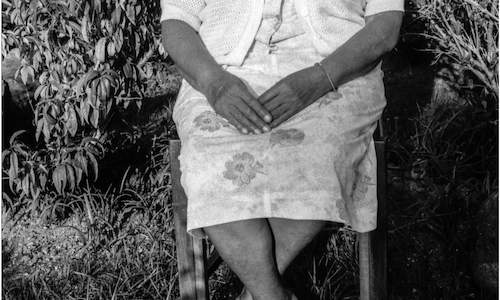
During this time, Elizabeth Abrahams often had to visit workers on farms, in factories and in communities, which often entailed travel that ...
more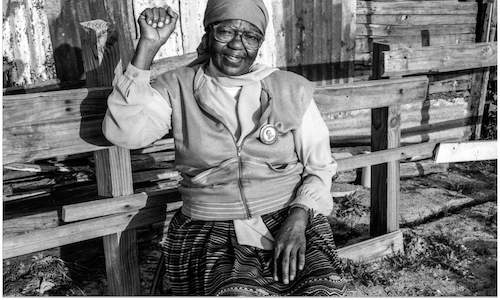
In 1959, Liz Mafikeng was served with a banning order, shortly after she had led a demonstration protesting the newly introduced African Wom...
more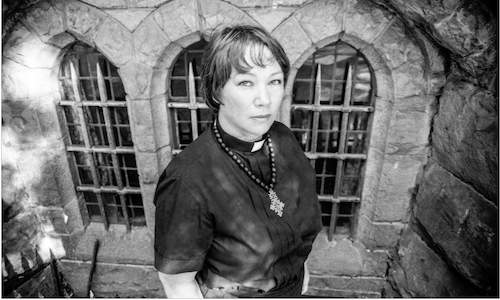
Margaret Fourie after 25 years working in business became an ordained Anglican priest, in 1994. Her experience in both business and in the c...
more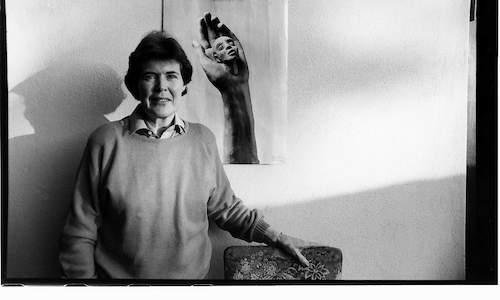
After the 1994 elections, Burton was elected to be one of the 17 people to sit on the Truth and Reconciliation Commission (TRC). The TRC was...
more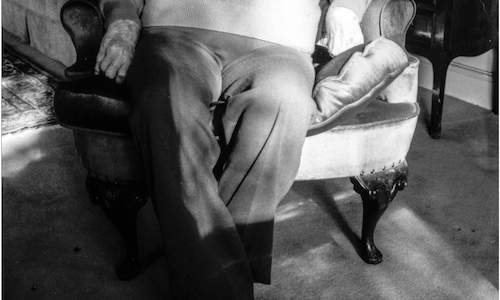
Robb was one of the founding members of the Black Sash organisation (first called The Women’s Defence of the Constitution League), establi...
more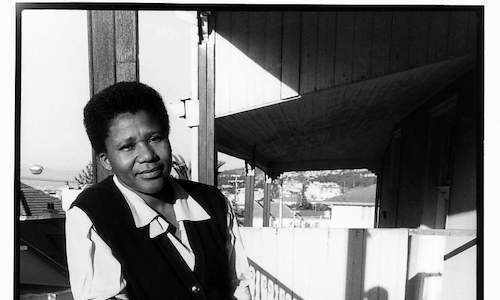
Nyame Goniwe is a dynamic activist who participated in numerous demonstrations against apartheid. In the 2000’s, she started working in th...
more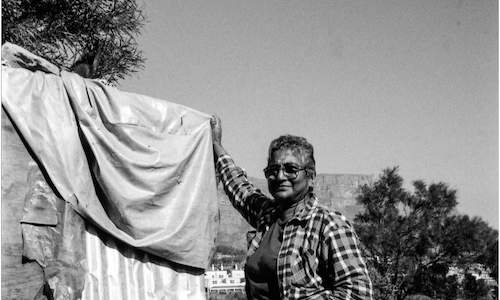
Phyllis Naidoo joined the South African Communist Party (SACP), where she challenged the Bantu Education Act. After the banning of political...
more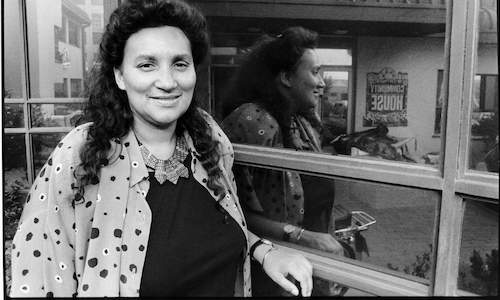
Professor Gertrude Fester was born in Cape Town in 1952. In 1975, she started teaching at the high school level and continued a career in ed...
more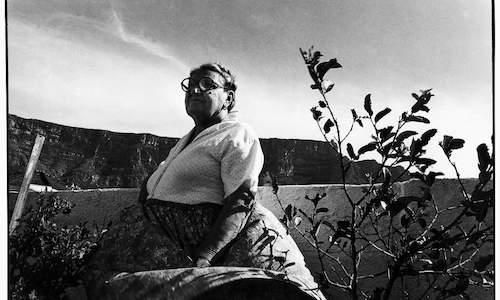
In 2004, Ray Alexander Simons was awarded the prestigious ANC's Isithwalandwe Award. Isithwalandwe, literally means “The one who wears the...
more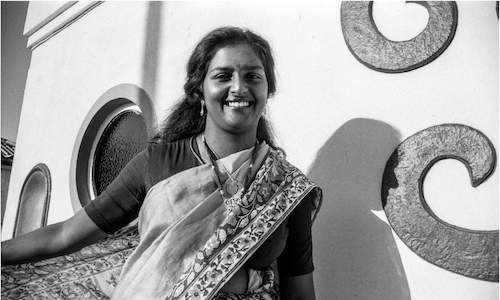
It is only over the last three or four decades that women's role in the history of South Africa has belatedly, been given some recognition. ...
more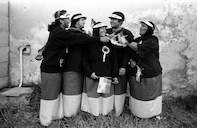
 Thornton, was one of the organisers of the mass Women’s March of August 9th, 1956. She also did voluntary work for the Guardian newspaper ...
Thornton, was one of the organisers of the mass Women’s March of August 9th, 1956. She also did voluntary work for the Guardian newspaper ... Connie September as a member of parliament has served on various Portfolio Committees. She has acted as the minister of human settlements. S...
Connie September as a member of parliament has served on various Portfolio Committees. She has acted as the minister of human settlements. S... Dot Cleminshaw also devoted her time and energy to campaign for changes in South Africa’s abortion legislation, advocating pro choice for ...
Dot Cleminshaw also devoted her time and energy to campaign for changes in South Africa’s abortion legislation, advocating pro choice for ... After 1994, Dr. Nash used her time and energy to campaign for a gun-free South Africa during the transition from apartheid to democracy, whe...
After 1994, Dr. Nash used her time and energy to campaign for a gun-free South Africa during the transition from apartheid to democracy, whe... During this time, Elizabeth Abrahams often had to visit workers on farms, in factories and in communities, which often entailed travel that ...
During this time, Elizabeth Abrahams often had to visit workers on farms, in factories and in communities, which often entailed travel that ... In 1959, Liz Mafikeng was served with a banning order, shortly after she had led a demonstration protesting the newly introduced African Wom...
In 1959, Liz Mafikeng was served with a banning order, shortly after she had led a demonstration protesting the newly introduced African Wom... Margaret Fourie after 25 years working in business became an ordained Anglican priest, in 1994. Her experience in both business and in the c...
Margaret Fourie after 25 years working in business became an ordained Anglican priest, in 1994. Her experience in both business and in the c... After the 1994 elections, Burton was elected to be one of the 17 people to sit on the Truth and Reconciliation Commission (TRC). The TRC was...
After the 1994 elections, Burton was elected to be one of the 17 people to sit on the Truth and Reconciliation Commission (TRC). The TRC was... Robb was one of the founding members of the Black Sash organisation (first called The Women’s Defence of the Constitution League), establi...
Robb was one of the founding members of the Black Sash organisation (first called The Women’s Defence of the Constitution League), establi... Nyame Goniwe is a dynamic activist who participated in numerous demonstrations against apartheid. In the 2000’s, she started working in th...
Nyame Goniwe is a dynamic activist who participated in numerous demonstrations against apartheid. In the 2000’s, she started working in th... Phyllis Naidoo joined the South African Communist Party (SACP), where she challenged the Bantu Education Act. After the banning of political...
Phyllis Naidoo joined the South African Communist Party (SACP), where she challenged the Bantu Education Act. After the banning of political... Professor Gertrude Fester was born in Cape Town in 1952. In 1975, she started teaching at the high school level and continued a career in ed...
Professor Gertrude Fester was born in Cape Town in 1952. In 1975, she started teaching at the high school level and continued a career in ed... In 2004, Ray Alexander Simons was awarded the prestigious ANC's Isithwalandwe Award. Isithwalandwe, literally means “The one who wears the...
In 2004, Ray Alexander Simons was awarded the prestigious ANC's Isithwalandwe Award. Isithwalandwe, literally means “The one who wears the... It is only over the last three or four decades that women's role in the history of South Africa has belatedly, been given some recognition. ...
It is only over the last three or four decades that women's role in the history of South Africa has belatedly, been given some recognition. ...